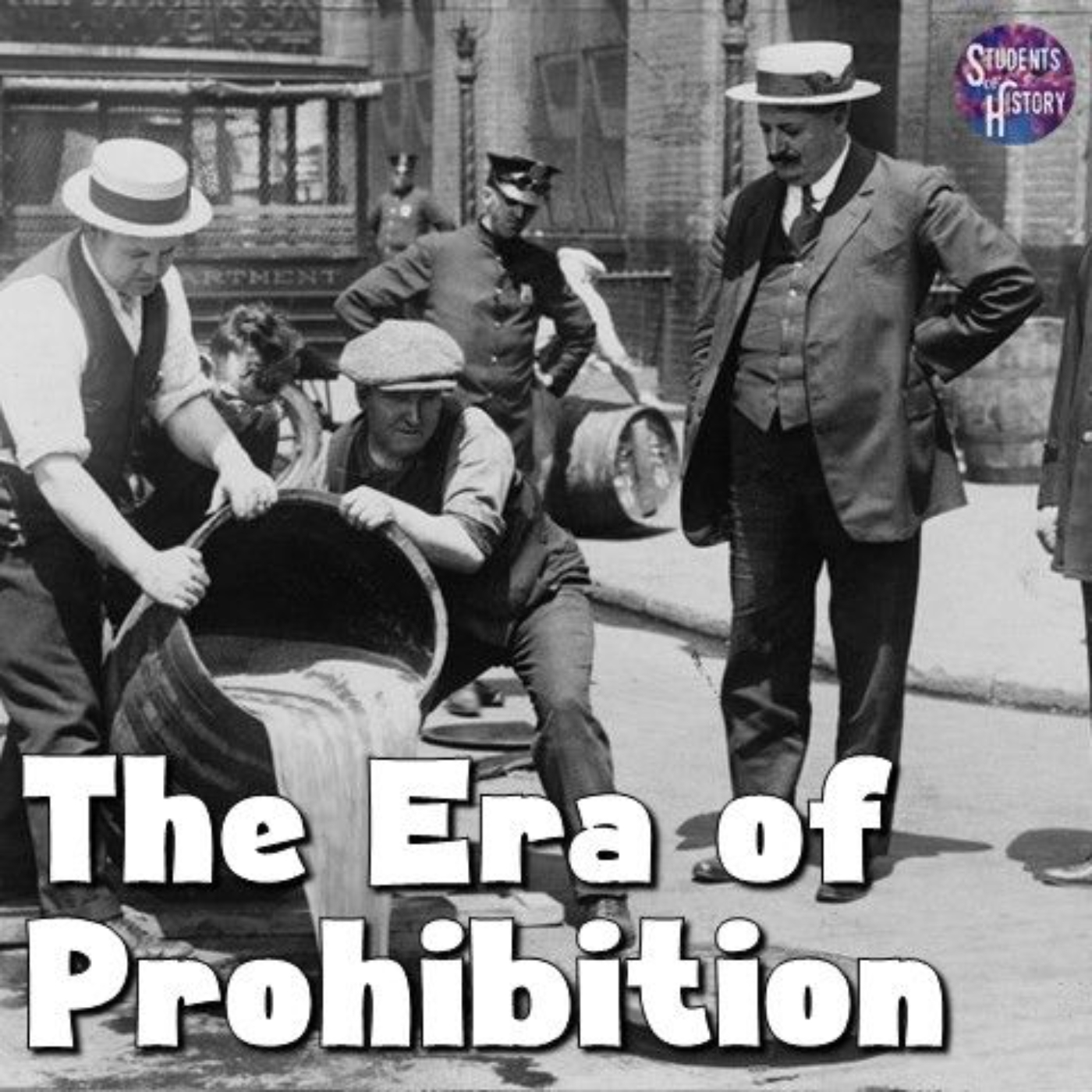The Prohibition Era in America

The Prohibition Era in America began when the 18th Amendment took effect in 1920, banning the production, importation, transportation, and sale of alcohol nationwide. It was the culmination of a decades-long campaign to ban alcoholic beverages known as the temperance movement.
The temperance movement was led by evangelical Christians. They believed alcohol was the root of problems beyond alcoholism, including family violence, unemployment, and political corruption.
Many communities introduced alcohol bans in the late 19th and early 20th centuries, and enforcement of these laws became a topic of debate. Prohibition supporters, called "drys", presented it as a battle for public morals and health.
The movement was taken up by some Progressives and gained a national grassroots base through the Woman's Christian Temperance Union. After 1900, it was coordinated by the Anti-Saloon League.

Opposition from the beer industry mobilized "wet" supporters from wealthy Catholic and German Lutheran communities, but the influence of these groups receded following America's entry into World War 1.
The 18th Amendment was first proposed by Congress in 1917. After passing both the Senate and House of Representatives, it was sent to the states for ratification. This was achieved on January 16, 1919 when Nebraska became the 36th of the 48 states to ratify the amendment. Eventually, 46 states ratified the Amendment (all except Connecticut and Rhode Island).
Under the terms of the 18th Amendment, Prohibition began in January 1920, one year after the amendment was ratified.
The Volstead Act set down rules for enforcing the federal ban and defined the types of alcoholic beverages that were prohibited.

Not all alcohol was banned. For example, religious use of wine was permitted. Private ownership and consumption of alcohol were not made illegal under federal law, but local laws were stricter in many areas, with some states banning possession outright.
After the laws went into effect, many Americans embraced bootlegging (the illegal manufacture and sale of alcohol). In just the first six months of 1920 alone, the federal government opened 7,291 cases for Volstead Act violations.
Secret bars opened across many cities which became known as speakeasies. A password would be required to get in and the owner would often have bribed local police to stay away.
Eventually, criminal gangs gained control of the beer and liquor supply in many cities. By the late 1920s, a new opposition to Prohibition emerged nationwide. Critics attacked the policy as causing crime, lowering local revenues, and imposing "rural" Protestant religious values on "urban" America. When the Great Depression began in 1929, more Americans turned against Prohibition, believing that it hurt the economy.
Prohibition officially ended with the ratification of the 21st Amendment, which repealed the 18th Amendment on December 5, 1933, though prohibition continued in some states. To date, this is the only time in American history in which a constitutional amendment was passed for the purpose of repealing another.